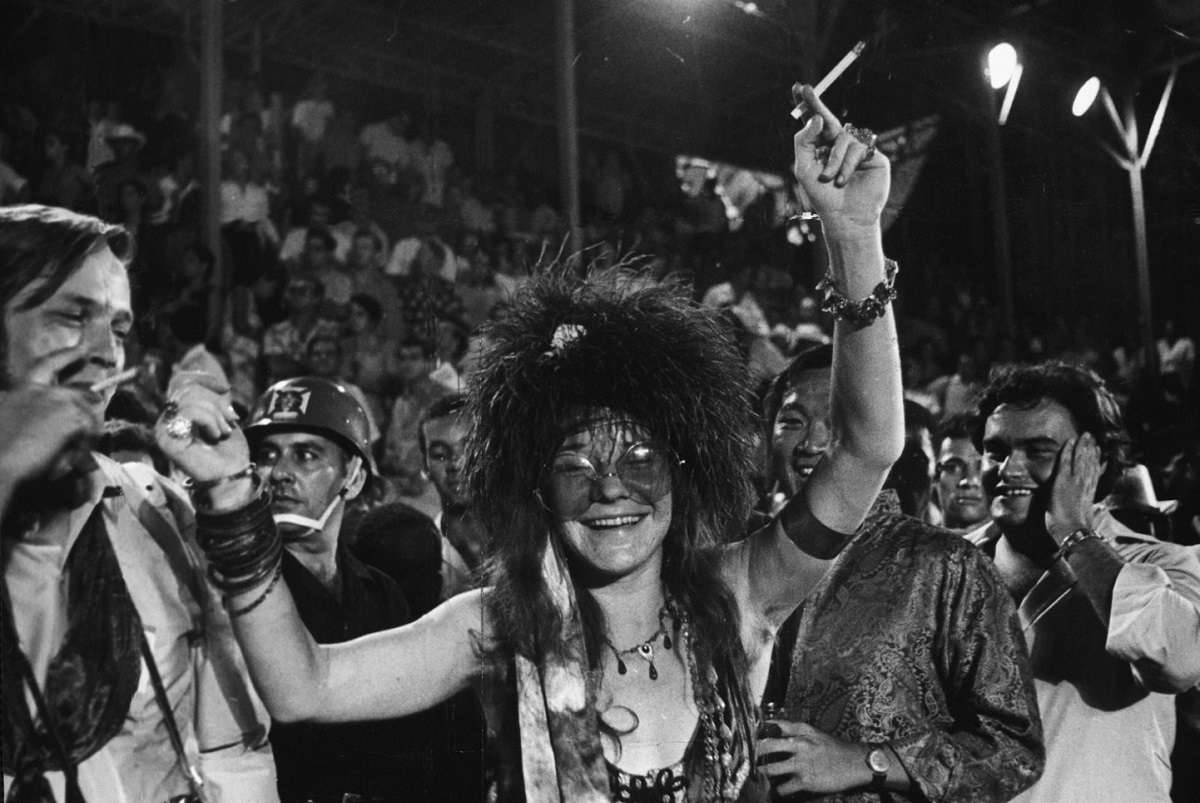In the kaleidoscopic world of 1960s music, few stars shone as brightly—and burned out as quickly—as Janis Joplin. Her gravelly voice and electric stage presence captivated the counterculture era, making her an indelible symbol of the time.
More than just a music icon, Joplin was a herald of free thought, emotional depth, and raw expression in a period marred by political unrest and cultural upheaval.
The pillars of Joplin’s musical legacy
Groundbreaking Albums
Joplin’s discography, though brief, was potent. Albums like ‘Cheap Thrills’ with Big Brother and the Holding Company, and her solo efforts, ‘I Got Dem Ol’ Kozmic Blues Again Mama!’ and ‘Pearl’, showcase a powerhouse vocalist who could sing blues, rock, and soul with unparalleled intensity.
‘Pearl,’ for instance, was released posthumously and included hits like “Me and Bobby McGee” and “Mercedes Benz,” songs that punctuated her raw vocal prowess and her ability to convey profound emotion.
Iconic performances
Perhaps no performance better encapsulates Joplin’s impact than her explosive act at Monterey Pop Festival in 1967. Her rendition of “Ball and Chain” is often lauded as one of the greatest live performances in rock history.
This single performance catapulted her into the national spotlight and solidified her place as a frontwoman in a male-dominated industry.
Influential collaborations
Joplin collaboratively pushed the boundaries of rock music alongside influential contemporaries. Her work with the Kozmic Blues Band and the Full Tilt Boogie Band brought diverse musical elements into her sound, which helped to define a new genre of ‘psychedelic rock’ that became synonymous with the 1960s era.
Cultural and historical impact
Janis Joplin’s career, though marred by her tragic death at 27, left an indelible mark on music and culture. Her unapologetic persona and vocal intensity became a metaphor for the counterculture’s desire to push societal norms and advocate for a life of authenticity and liberation.
Her influence is evident in the way she addressed issues of love, pain, and freedom, which resonated deeply with her audience, allowing them to feel seen and understood in tumultuous times.
A Voice for the voiceless
With her electrifying performances and emotional depth, Joplin gave voice to the feelings and frustrations of a generation disillusioned by the Vietnam War and civil rights struggles.
Her music became a vessel for cultural expression and continues to inspire those who advocate for social justice and equality.
Unforgettable anecdotes
Joplin was known for her charismatic yet straightforward interaction with the audience. One notable instance was during her concert in Frankfurt, where despite technical difficulties onstage, she captivated the audience with her impromptu humorous banter, showcasing her ability to connect with her fans beyond just her music.
The eternal reverberations of Janis Joplin
In the history of rock music and the wider social fabric of the 1960s, Janis Joplin’s legacy is profound.
Her fearless embrace of her identity and emotions helped shape the soundtrack of a generation and continues to influence musicians and cultural movements alike.
Joplin’s music and ideals—from advocacy of personal freedom to her intense, soulful performances—keep her memory alive, highlighting her as a pivotal figure in music history who transcended typical star status to become a lasting emblem of her era.
The raw power and emotional depth of Janis Joplin’s music not only defined the sound of the 1960s counterculture but also continue to resonate with new generations, proving that her fire, while burning briefly, burns on eternally in the annals of music history.






